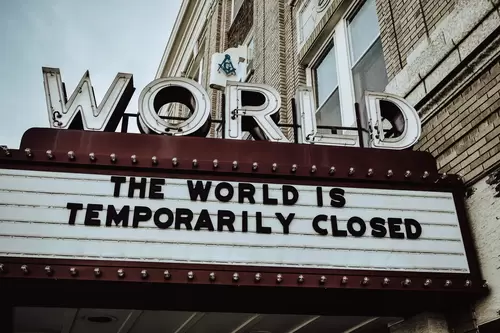|
Photo by Edwin Hooper on Unsplash As a follow-up to yesterday's post on reasonable expectations and modeling healthy self-care habits for our children, I'm sharing a post by Sara Gilliam, Editor-in-Chief of Exchange magazine, about supporting younger children. You can read it below or find it here: https://www.childcareexchange.com/eed/issue/5152/
I teach people how to uncover the wisdom they already carry to get new perspective on their parenting, health, and work with children and families. If you would like to feel less stressed, more confident, and happier in the way you parent, teach, lead, or live your life, GETnewperspective with me now. To your health! Dr. G. ------------------ March 26, 2020 I wanted, this morning, to reach out to the parents and grandparents and guardians among us; we are early childhood professionals, but we are also individuals struggling to manage our own in-house messaging and response to global news. I’d like to share some practical ideas that are helping me support my own children, ages six and ten, as I work from home.
Comments are closed.
|
AuthorAnastasia Galanopoulos, Ph.D. Parent, Educator, Health Activist. A note about my signature. When I first started teaching at Wheelock College, one of my first students with whom I still keep contact, started referring to me as Dr. G. In the affectionate spirit of its tone, I adopt that nickname here. Archives
March 2021
Categories
All
|


 RSS Feed
RSS Feed